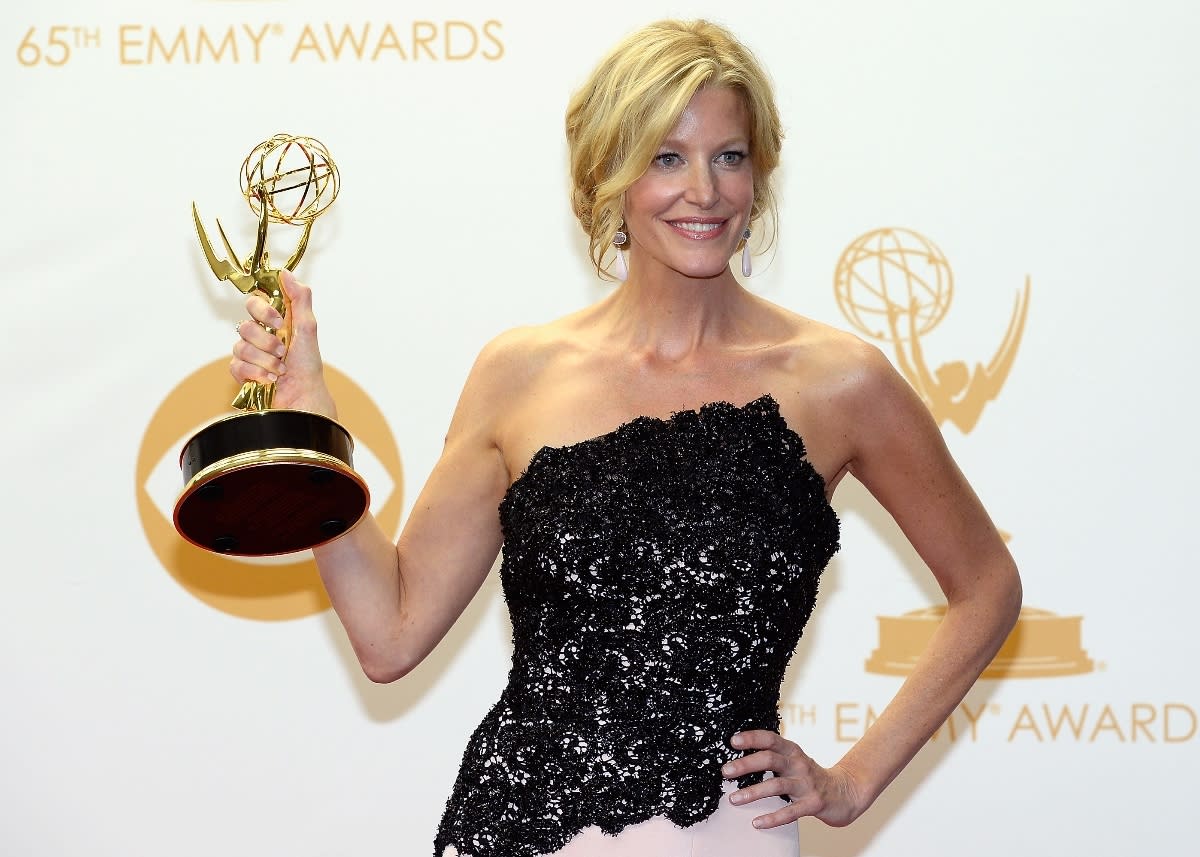Anna Gunn says her "Breaking Bad" character is finally out of the "ring of fire" of misogyny

Audiences are apparently beginning to view Skyler White, the character played by Anna Gunn on the hit AMC series "Breaking Bad," in a new light, thanks to the "seismic" cultural changes that have happened in the more than a decade since the show's finale.
Gunn, who nabbed two Emmy Awards for her portrayal of Skyler, the wife of Brian Cranston's Walter White, spoke to The Hollywood Reporter about the misogyny her character faced from much of the show's fanbase.
The actor cited a 2013 op-ed that she authored for The New York Times, in which she delved into the "vitriolic response" Skyler garnered as the effective antagonist to Walter. While Gunn told The Hollywood Reporter that her decision to look into the discourse surrounding Skyler "was probably a mistake," she acknowledged that it "led to a great deal of soul searching and me thinking, 'Well, is it me?'"
"I really just had to go through that ring of fire, for lack of a better phrase, to understand that a lot of it was, frankly, misogynistic," Gunn added. "A lot of it was the way that female characters were treated, and I think we've come a long way since then. If I may call them my sisters, I'm really proud of all the actresses who've spoken up and continued to pave the way and created their own antihero characters for themselves."
Gunn observed that, in the past, online comments about Skyler were often "threatening" and "violent" in nature, something which concerned her. "I just didn't want to feel bullied by all that, and I felt that it was my responsibility to stand up and answer to it, which is what I did," she said.
Now, the actor said, "seismic changes" in the culture have led to a newfound interpretation of and appreciation for Skyler. "People come up to me now and say, 'You were the linchpin for me. You were the conscience of the show. You were what pulled me into the show,'" Gunn continued. "Or they say, 'The first time I watched it, I hated that character. But the second time I watched it, I realized, oh my God, that poor woman.'"
